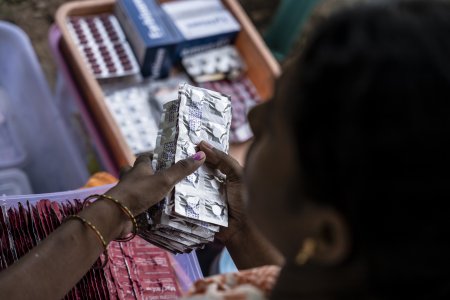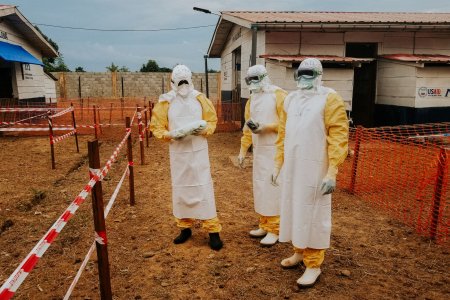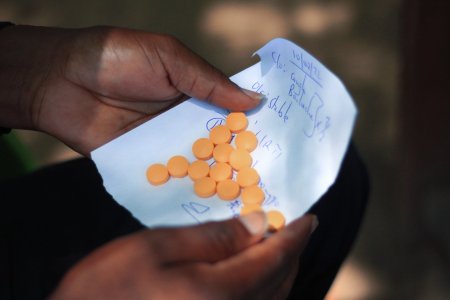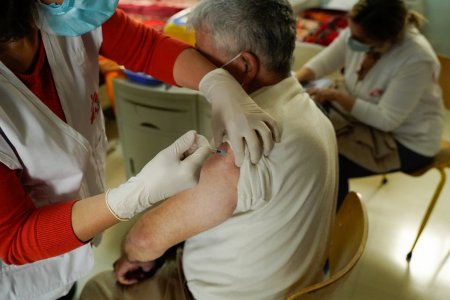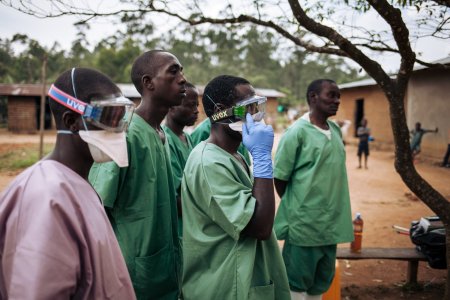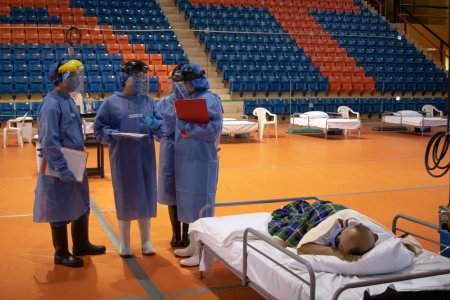
Doctor, qualified in emergency medicine, surgery, and tropical medicine, with a Master's degree in the Political Economy of Violence, Conflict and Development (SOAS University of London) and a Master's degree in the History and Philosophy of Science (University of Cambridge), Natalie Roberts joined MSF in 2012. She completed field missions in Syria, Yemen, CAR, Pakistan, Ethiopia, Ukraine, and the Philippines before joining the Paris headquarters in 2016 as Emergency Programs Manager. Since joining Crash in late 2019, she has focused particularly on issues around epidemics, including Ebola, and access to medicines.

